
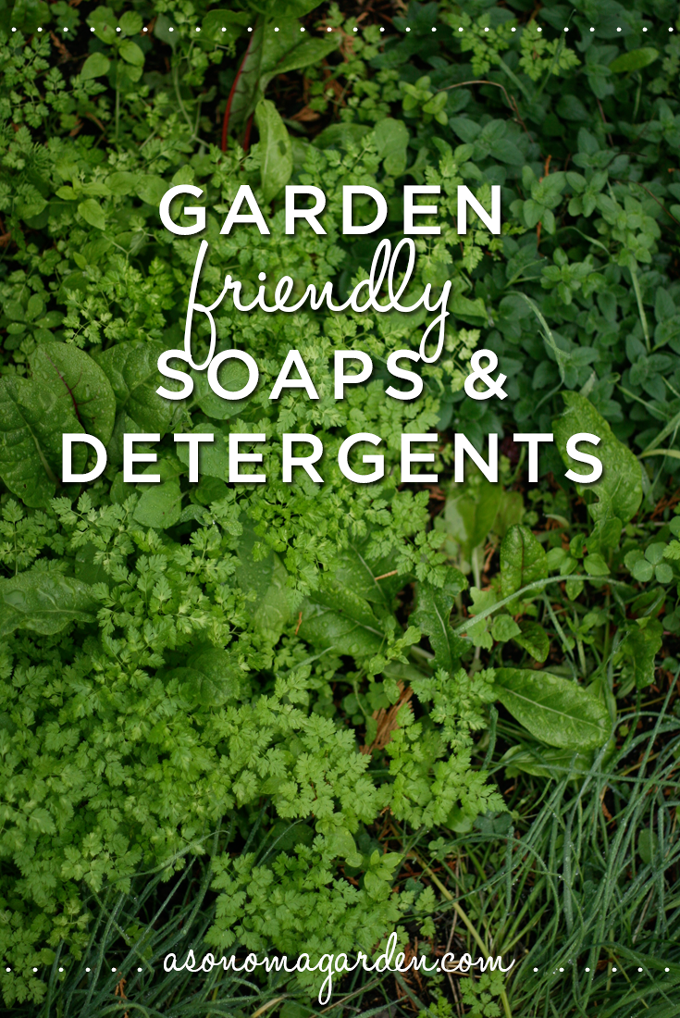 Edit: I posted a recipe and ‘how-to’ for making your own liquid laundry detergent. Check it out!
Edit: I posted a recipe and ‘how-to’ for making your own liquid laundry detergent. Check it out!
The other week Ken, a local reader, commented on my Tips for A Drought Friendly Garden post saying that he was interested in knowing more about about plant safe detergents and soaps to use in his homemade grey water system. He wanted to know if I knew more about this. Well I knew a little bit, but I did a little research to learn more and I thought I’d share it with you. There are a number of reasons why you might not want to use common detergents and soaps, including what happens to them once they reach our main waterways, and you can read all about it at nature moms, but I’m going to focus garden friendly detergents and soaps.
I remember from way back to an old college class that I took that using detergents and soaps that contain phosphorus can harm the waterways by helping grow algae. Phosphorus acts as a fertilizer, which at first sounds great. If it’s a fertilizer why wouldn’t you want to add it to your garden? Well probably for the same reason that you don’t use Miracle Grow, right you Organic Gardeners? Adding synthetic fertilizers strips the soil of its natural nutrients eventually, so you become dependent on using synthetic fertilizers to add nutrients to the soil. Better to add manure, cover crops and compost to your soil and keep the phosphorus filled detergents out.
When you look for a safe detergent for using when you channel your laundry water into your garden, you want to closely examine the label. Just because it states that the ingredients are ‘plant-based’ doesn’t necessarily mean that the product is harmless. Nor does biodegradable mean that it’s going to biodegrade in a safe and short amount of time. Even harmful chemicals are designed to biodegrade at some point. Most eco-looking detergents and soaps carry those terms, so what in the heck can you use and who can you trust?
To be honest looking at all of the cleaning websites is making my head spin. I think what it comes down to is that if you are really concerned about growing your vegetables completely organically you might want to use your cast off dish water and laundry water for your lawn and ornamentals.
I learned a new term from the Bio-Pac website: Biocompatibility. Biocompatible cleaners are not only non-harmful for plants and soil, they biodegrade entirely into plant nutrients!Biocompantible cleaners are designed with grey water systems in mind, so any of the Bio Pac products would be safe to use. We use their dish soap frequently and besides it being plant safe, it is a nice soap to use. I hand wash the majority of our dishes every night so I’m pretty picky about liquid soaps. I don’t like them to be too thin or to have an icky odor. Bio Pac is nicely concentrated and it smells really nice too – citrusy!
Seventh Generation has been a trusted ‘green’ company for a while now. I use their disposable diapers exclusively and frequently use their detergent too.
Ecover products are also reported to biodegrade cleanly. Treehugger has a great write up all about Ecover.
If you are of the frugal manner, you can try making your own dish soaps and detergents to use. Most recipes call for washing soda, which according to this site is all natural and safe, much like baking soda. I list a detergent recipe below but can’t seem to find a dish soap recipe that looks good.
What to Buy:
- Oasis Biocompatible Dishwash/All Purpose Cleaner
- Oasis Laundry Detergent
- Seventh Generation Liquid Laundry Detergent
- Seventh Generation Powder Natural Laundry Detergent
- Bio-Pac Concentrated Dish Liquid
- Ecover Dishwashing Liquid
- Ecover Laundry Powder
More Info:
- Try Making Your Own Natural Laundry Detergent
- What Homemade Detergent Costs vs Store Bought Detergents
- EPA Guide to Detergent Additives
What do you know about plant safe detergents and soaps? What do you use?

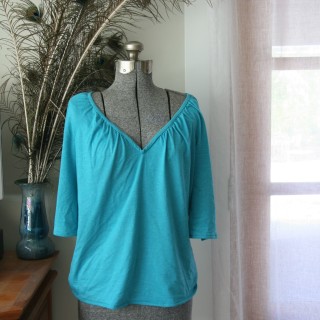
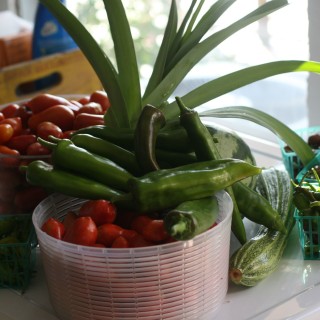
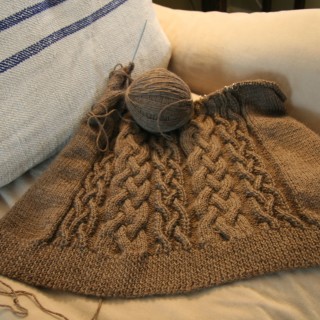
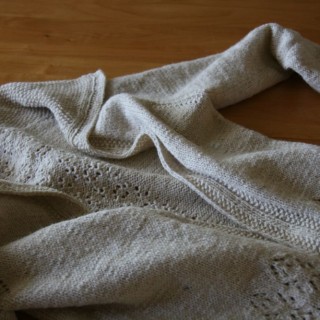
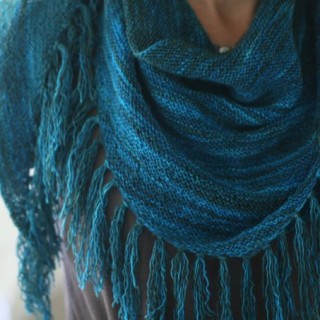
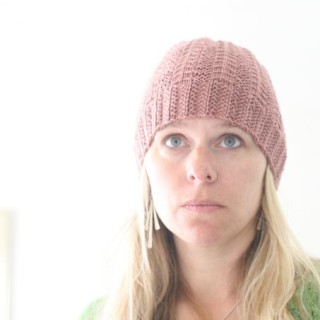

Great post about using detergents and grey water. I’ve always wondered exactly what type detergents could be used that wouldn’t “infect” the soil with lots of chemicals that would be harmful to plants.
Thanks!
I’m glad you found it helpful Judy. I thought this would be an easy quick post to write, but the more you delve into the ingredients of the soaps the harder it is to tell if the are ‘really’ safe!
We have a greywater system for our shower/bath these last three years and I use Avalon Organics and Nature’s Gate Organics…both shampoo and conditioner and so far so good. The water goes into two forty gallon surge tanks in a dry well back filled with wood chips. The water then goes to several restios, an avocado, native juncus and cornus.
Love the blog….stumbled upon looking for a variety of lime that grows well in Sonoma County (I am over the hill in Bennett Valley. Look forward to browsing your archives. Happy gardening!
Nature’s Gate and Avalon Organics have been blacklisted by Organic Consumers organization and by the Environmental Working Group for having non-organic and some harmful ingredients, i.e an example of “greenwashing”. Buyer beware.
That is a great article on plant safe detergents. I really like Ecover products but am still finishing up using my Mrs. Meyers products that I carried in my retail store before we shut the shop.
I never thought such thing exist. Good thing everyone is going green nowadays.
I grew up in the 1960s in Northern CA. My parents drained our washer onto the back lawn rather than fill the septic tank with laundry water. The lawn thrived. We also fed our vegetable garden by a regular draining of our fish pond water and the fish fertilizer in it. Our garden thrived. We had no notion of being ‘green’. It was just a good use of what we had.
The first link to “Try Making Your Own Laundry Detergent” has a recipe that is high in sodium and boron. Not a good formula for greywater reuse.
Thanks for pointing that out Michael. I’ll make sure to edit that out.
I have been using Seventh Generation 2x Liquid Laundry Detergent on my lawn, but I started looking at the ingredients, which include (among others) sodium laureth sulfate, sodium citrate, sodium hydroxide, and sodium borate.
My understanding is that one wants to avoid sodium and boron in the water you put on your lawn or garden. I just switched to Sun Harvest earth friendly free and clear 2x laundry detergent. I got it at Henry’s Market. Sun Harvest is their store-brand name. This product lists the ingredients as “100% natural anionic coconut kernel oil surfactant based”. It says it has no petrochemicals, no formaldehyde, no phosphate, no 1,4-dioxane (whatever that is). It also says it’s pH neutral, biodegradable, and greywater safe. It sounds pretty good to me.
Boonie G. I am interested in purchasing the Sun Harvest free and clear 2x laundry detergent you speak of but..Henry’s Market link is no longer valid and I am unable to find SunHarvest anywhere on the web.
I did find a Sun&Earth 2x laundry detergent at the following website though..
http://www.luckyvitamin.com/p-22826-sun-earth-2x-laundry-detergent-citrus-scent-26-loads
I am wondering if it is the same product you speak of? I want to begin using laundry greywater on my lawn so need a safe and eco friendly detergent to do so.
I would appreciate it if you could check it out and let me know.
Thank you for your input.
Patti W.
I’ve heard 7th Generation is not safe for edible gardens. Greywater Action (http://greywateraction.org/faqs/greywater-recycling) recommends:
Laundry: Oasis, Ecos, Biopac liquid detergent, Vaska. There are also soap alternatives that are greywater friendly, like soap nuts, and “wonder balls”.
Showers: Aubrey Organics makes shampoos and conditioners that don’t have salt or unhealthy chemicals, and are fairly easy to find. In a shower, shampoo is fairly diluted so it is not as important as in the washing machine to have the best products, but it is important to have products that are not harmful to our health, surprisingly many shampoos and conditioners contain carcinogenic chemicals. You can find out what’s in your products at the Campaign for Safe Cosmetic’s on-line database.
With the drought in CA I have been using bath water directly on plants. I want to make sure my soaps aren’t hurting them…so far no issues. Any suggestions for the best products to use???
I see you recommend Borax as an ingredient in DIY detergent, but isn’t that an herbicide? I read, “Unless used in small amounts — such as 1/2 teaspoon in a gallon of water — Borax is toxic to plants. Borax can be sprinkled directly onto weeds and even invasive ground ivy as a natural herbicide — but be careful to avoid sprinkling it onto any vegetable plants; it is not discriminatory and kills any plant.” on http://homeguides.sfgate.com/borax-uses-vegetable-gardening-27721.html Is there a garden-friendly alternative?
My wife and I have a dishwasher and we want a biocompatible dishwasher detergent. I noticed ecover dishwashing liquid on your list. Is it effective in a dishwasher or only when handwashing? Thanks!
I have a Laundry to Landscape greywater system. I’ve been using Soap Nuts for over a year now and have been extremely happy with the results. I’m an urban homesteader with gardens and livestock, so my laundry can get quite a bit dirtier than an average household in the city. With Soap Nuts everything comes out clean and my gardens flourish. You can’t get any more organic than a dried up drupes (stone fruit).
We have a septic system on a long slope. Everything that goes in there eventually goes into the ground. I’ve seen a lot about biocompatible laundry soups, but how about something for dishwashers? Is there any product that does no harm and actually does some good? Thanks!
I use cooking oil and KOH to cook detergent. It is easier than looking around for safe detergent for garden veg irrigation. If you use hard water for washing, you can add 15 – 45 % potassium monophosphate as hard water softener. To make it a shampoo just add a bit more olive oil to tip over a bit the PH. also I recommend use sea water for cooking seasoning instead of salt, you need all 83 elements in the ocean (what is the proportion? The element proportion in your body are nearly the same as they are in the environment as scientist found) but not only sodium. make your own drinking water by breaking lava rock and sediment rock and sock them in collected rain water, when your urine stinks, your blood PH is no good, when your body PH is good , your urine will not smelly. keeping your mouth fresh and odourless by using tooth pick to scrape your teeth, never use tooth paste (it wear out your teeth and unbalancing the microbes that make your mouth stink), never use mouth rinsing water which will cause your mouth smelly worse only, washing cloths by stamping in a basin, it is quicker and cleaner and not hurting the fabric, I use 2 natural gas fermenter as septic tank which is a closed system never leak out into environment, gas for cooking, the sediment for fertiliser in garden. The so called modern life style makes us sick, make them money. Green life is good life. It is a real civilised life. Want to hear other’s opinions.
Regards
Jackluny